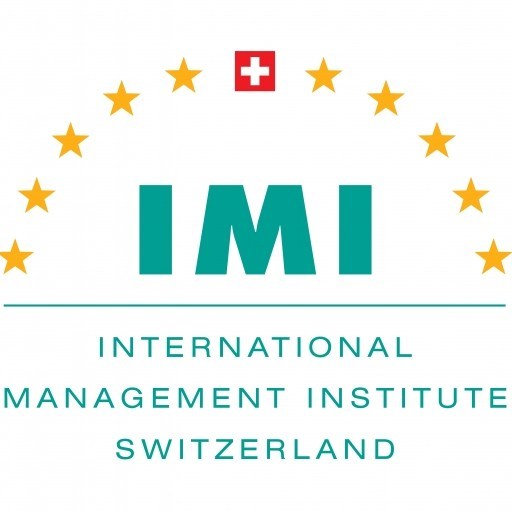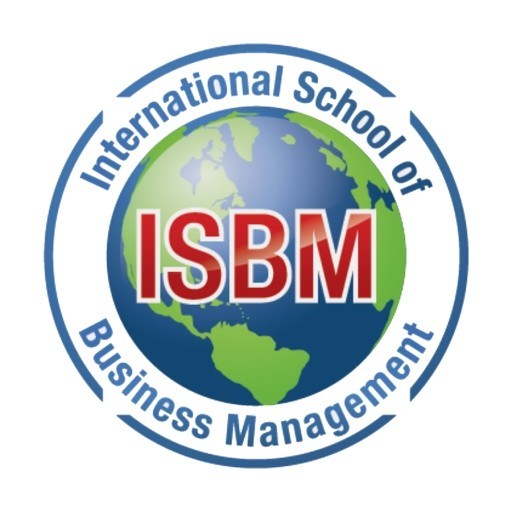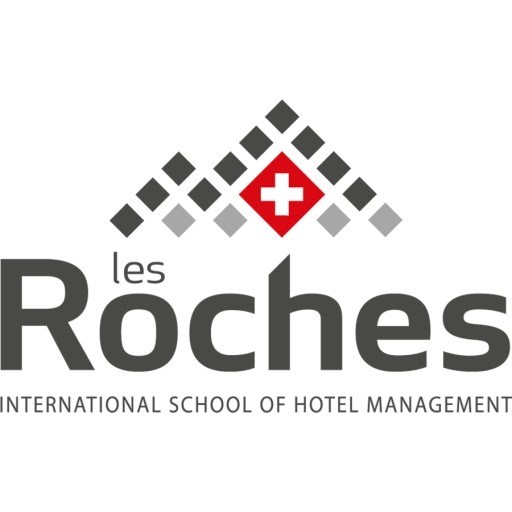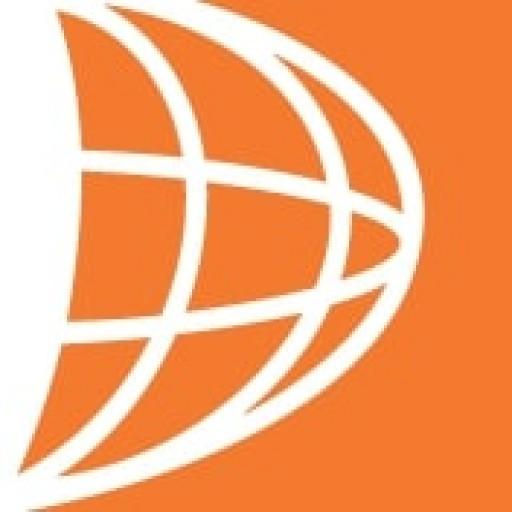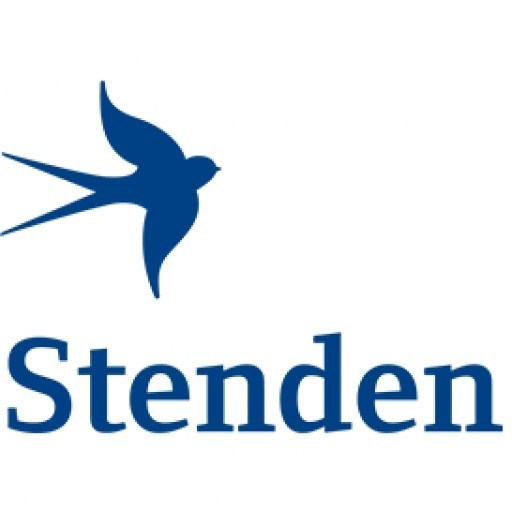Students are trained in major business subjects and specialise in the fields of International Management and Economics. The following modules are characteristic for the International Management Programme.
Business Management:
Business Management, Marketing, Logistics, Financial Management, Human Resource Management, Management Tools, Management Concepts
Accounting:
Financial Accounting, Management Accounting, Corporate Finance
Economics:
Micro- and Macroeconomics, International Economics
Law:
Legal Systems, International Law and Taxation Issues
Quantitative Methods:
Business Mathematics, Statistics, Information Management
Foreign Languages:
English, German, French, Spanish, Russian, Chinese: all at different levels
Optional courses in Polish, Italian and Portuguese
Communication and Key Qualifications:
Study Organisation, Rhetoric, Communication and Negotiation Skills, Presentation and Information Techniques, Project and Time Management, Team Work
Exercises in Knowledge Transfer:
Projects, Block Seminars
Optional specialisations: Cultural Management, Finance and Control, Human Resource Management, International Economics, Logistics, Marketing, International Events
Business Management:
Business Management, Marketing, Logistics, Financial Management, Human Resource Management, Management Tools, Management Concepts
Accounting:
Financial Accounting, Management Accounting, Corporate Finance
Economics:
Micro- and Macroeconomics, International Economics
Law:
Legal Systems, International Law and Taxation Issues
Quantitative Methods:
Business Mathematics, Statistics, Information Management
Foreign Languages:
English, German, French, Spanish, Russian, Chinese: all at different levels
Optional courses in Polish, Italian and Portuguese
Communication and Key Qualifications:
Study Organisation, Rhetoric, Communication and Negotiation Skills, Presentation and Information Techniques, Project and Time Management, Team Work
Exercises in Knowledge Transfer:
Projects, Block Seminars
Optional specialisations: Cultural Management, Finance and Control, Human Resource Management, International Economics, Logistics, Marketing, International Events
Educational organisation
Tightly organised and practice-oriented studies in small, international study groups, close contact between students and teaching staff, counselling and coaching, tutorialsModules of the first semester: Principles of Business Management, Microeconomic Theory and Policy, Human Resource Management and Legal Systems, International Law and Taxation Issues, Foreign Language Course
Modules of the second semester: Marketing, Logistics, Procurement & Production, Financial Management, Financial Accounting, Statistics, Information Management
Modules of the third semester: Management Tools and Communication and Key Qualifications, Macroeconomic Theory and Policy, Foreign Language Course, one module of the individually chosen specialisation, one module of the individually chosen elective
The fourth semester covering the "Specialisation Abroad" and the "Elective Abroad" is spent abroad at one of the more than 150 partner universities of the Faculty of Business Management and Social Sciences.
Modules of the fifth semester: Business Management Project and Communication, Management Concepts, two modules of the individually chosen specialisation, one module of the individually chosen elective
Optional specialisations and electives in the fields Cultural Management, Finance and Control, Human Resource Management, International Economics, Logistics, Marketing, International Events
In the sixth semester, students complete their Academic Project and their Bachelor's thesis.
Study abroad unit(s)
Integrated study semester abroad (usually semester four) at one of the approx. 150 partner universities of the Faculty of Business Management and Social SciencesWe have double degree programmes with the Ecole de Management Normandie, France, Kyung Hee University Seoul, South Korea, Edinburgh Napier University, Scotland and Universitas Gadjah Mada, Yogyakarta, Indonesia. Students spend a year abroad at the partner university.
Internships
Proof of a six-week business internship, which has to be completed before the beginning of studies, is required. Another 12-week internship is integrated into the final Academic Project.Forms of assessment
Written assignments, written examinations, practical exercises, presentation of a paper, project work, final thesis and viva voceCourse objectives
The aim of the programme International Management is to prepare students for a management position in a multinational company or in an international organisation. Everything is oriented towards this goal: the lecture content, the multilingual nature of instruction and studies and the composition of student group and teaching team. We offer a broad-based, application-oriented basic training in business on a scientific basis. Our objective is that students acquire competence in the following areas:- ability to analyse and solve problems in a subject-oriented and interdisciplinary framework
- international or global thinking
- ability to communicate in two foreign languages
- social competence through imparting of key qualifications
- intercultural competence
The programme is targeted equally at German and foreign students. Our aim is to recruit approx. 30-40% of the students from outside Germany.
Language requirements
If English is not the applicant's native language, language competence has to be proven by one of the following tests with the listed minimum score/grade. The test result submitted may not be more than three years old at the start of studies.TOEFL - Test of English as a Foreign Language (Internet-based), minimum score: 90
TOEIC - Test of English for International Communication, minimum score: 800
CPE - Cambridge Proficiency, minimum grade: C
CAE - Cambridge Advanced, minimum grade: B
FCE - Cambridge First Certificate, minimum grade: A
IELTS - International English Language Testing System, minimum grade: 6.5
BEC 3 - Business English Certificate, minimum grade: B
BEC 2 - Business English Certificate, minimum grade: A
Moreover, basic German language skills are required (level A1 or A2).
Academic requirements
Entrance Qualification for Higher Education (Hochschulzugangsberechtigung):Recognition of the applicants' school and university education as the required entrance qualification for universities in Germany depends on the system of secondary/tertiary education in the home country. In most cases, the entrance qualification is fulfilled after 13 years of schooling. In case of fewer years at school, proof of a university entrance examination (if applicable) and of one or two years at a university have to be presented. In most cases, the required years at a university depend on the years of schooling. (For example: 11 years at school + university entrance examination + two years at university = entrance qualification for a University of Applied Sciences.)
Proof of a six-week business internship that must be completed before the start of studies
Want to improve your English level for admission?
Prepare for the program requirements with English Online by the British Council.
- ✔️ Flexible study schedule
- ✔️ Experienced teachers
- ✔️ Certificate upon completion
📘 Recommended for students with an IELTS level of 6.0 or below.
Enrolment fees
Enrolment fees amount to approx. 300 EUR per semester and include various services such as a semester ticket for free public transport in Osnabrück and the region.Costs of living
Monthly expenses of approx. 500 EUR to 600 EUR should be expected, depending on personal needs. This includes rent, health insurance, living, books and miscellaneous expenses.Job opportunities
A limited number of student assistantships are available within the Osnabrück University of Applied Sciences. Moreover, students may find jobs outside the university in different areas. These jobs must be conducted in compliance with the conditions of their residence permits.Arrival support
Each international students is contacted by his or her buddy (a student in a higher semester) before arrival in Osnabrück. The buddy picks up the new student at the train station and helps with moving into the pre-arranged accommodation.Services and support for international students
Regular individual counselling is offered by the coordinator and the director of the programme as well as lecturers who offer counselling hours once a week. At our Careers Centre and the Learning Centre, students can find help with study skills, career counselling and personal goals. The International Office is a place where international students are welcome at any time.Furthermore, the buddy remains a primary contact person for the international student during his or her first semester, while student tutors accompany the whole group. Students are invited to join tutorials and to take part in JOIN OS, the Joint Cultural Programme for international students in Osnabrück. German language courses, workshops and study trips offer the possibility to improve language and communication skills during the semester.


